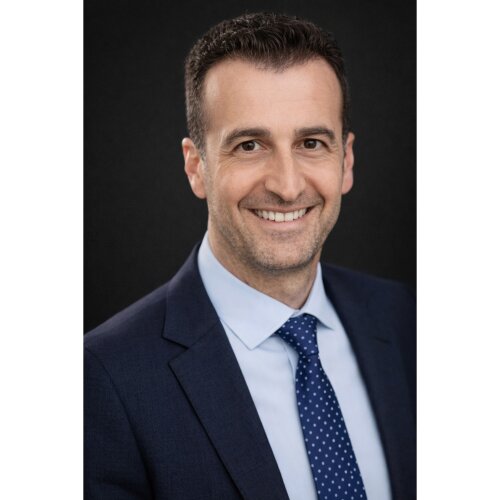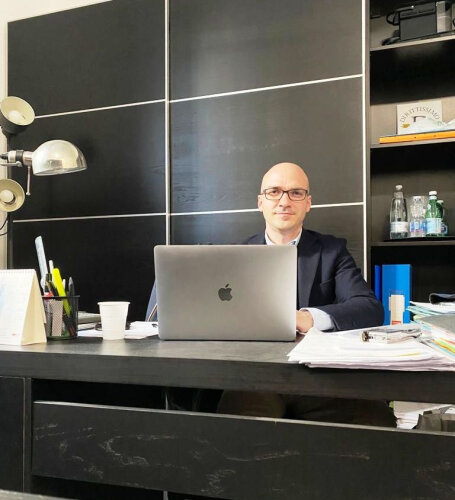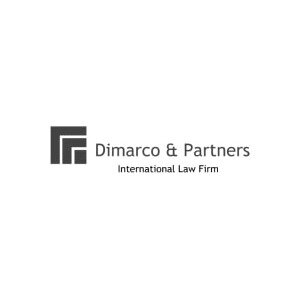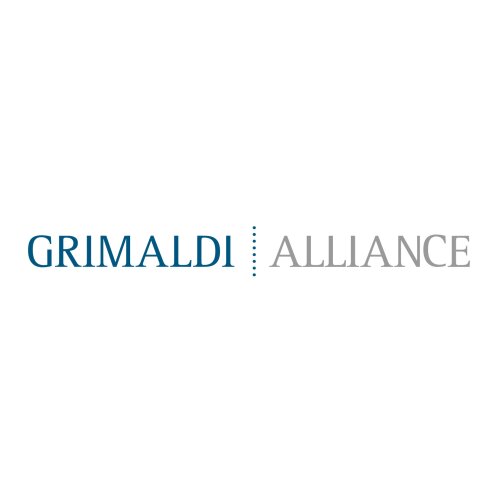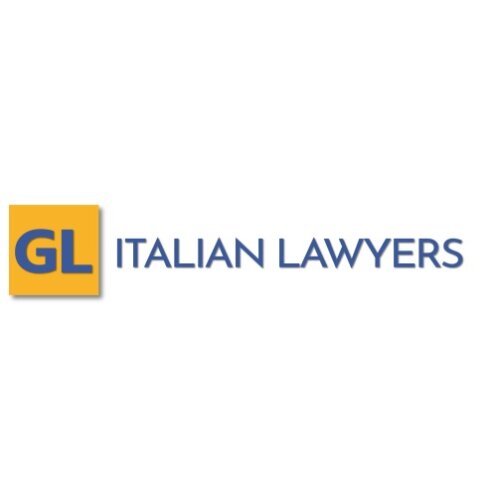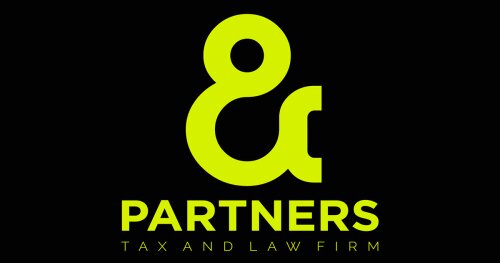Best Funds & Asset Management Lawyers in Milan
Share your needs with us, get contacted by law firms.
Free. Takes 2 min.
List of the best lawyers in Milan, Italy
About Funds & Asset Management Law in Milan, Italy
Funds and asset management law in Milan, Italy governs the organization, operation, and oversight of collective investment schemes and professional asset management services. Milan, as Italy’s main financial center, hosts numerous asset managers, private equity firms, investment funds, and related financial institutions. The regulation covers everything from portfolio management and investment advisory services to the formation and administration of funds. These rules aim to ensure investor protection, financial stability, and adherence to transparent market practices.
Why You May Need a Lawyer
Legal guidance is essential in funds and asset management due to the complex web of regulations, tax obligations, and reporting requirements. Common situations where people may require legal help include:
- Setting up a new investment fund or asset management company
- Ensuring compliance with regulatory authorities such as the Bank of Italy and CONSOB
- Drafting or reviewing fund documentation, agreements, and offering circulars
- Navigating licensing and authorization procedures
- Managing cross-border investments and international asset structures
- Handling disputes between investors, managers, or third parties
- Tax planning and structuring of funds to optimize efficiency
- Assisting with mergers, acquisitions, or reorganization of funds and asset managers
- Addressing anti-money laundering compliance and due diligence
- Advice on winding down or liquidating funds
Local Laws Overview
Funds and asset management in Milan are primarily regulated by Italian national laws as well as EU directives implemented in Italy. Key legal frameworks include:
- The Consolidated Law on Finance (Testo Unico della Finanza or TUF), which sets out the main requirements for collective investment undertakings and asset management companies
- Regulations enforced by CONSOB (Commissione Nazionale per le Società e la Borsa) concerning transparency, investor protection, and disclosure
- Rules overseen by the Bank of Italy related to prudential supervision and financial soundness of asset managers
- Implementation of the Alternative Investment Fund Managers Directive (AIFMD) and Undertakings for Collective Investment in Transferable Securities (UCITS) rules for EU-harmonized products
- Tax regulations relevant to fund structuring, returns distribution, and investor obligations
It is important to note that while Milan follows national and EU law, local financial institutions and courts in Milan have extensive experience in handling complex funds and asset management issues.
Frequently Asked Questions
What types of investment funds are commonly found in Milan?
The most common types include UCITS funds, alternative investment funds (AIFs), real estate investment funds, closed-end funds, and private equity or venture capital funds.
Who regulates funds and asset managers in Milan?
Asset managers and funds in Milan are regulated by CONSOB for market conduct and investor protection, and by the Bank of Italy for prudential supervision.
Do foreign investors need special approvals to invest in Italian funds?
Generally, foreign investors can invest freely in Italian funds, but some notification and anti-money laundering requirements may apply.
Is it necessary to obtain a license to manage funds in Milan?
Yes, asset managers and fund administrators must obtain specific licenses and authorizations from Italian regulatory authorities before conducting business.
What is the typical process for launching a new fund in Milan?
The process involves drafting a fund prospectus, appointing service providers, fulfilling capital and management requirements, and obtaining regulatory approval from CONSOB and the Bank of Italy.
How are funds in Italy taxed?
Taxation depends on the fund structure. Investment funds often benefit from tax incentives, but investors may be liable for taxes on proceeds based on their tax residency.
Are there any investor protection mechanisms?
Yes, Italian law provides for investor protection schemes, including deposit guarantees, transparency obligations, and strict segregation of client assets.
What are the main risks in funds and asset management?
Risks include market volatility, regulatory changes, operational failures, fund mismanagement, and potential disputes among stakeholders.
How can disputes involving funds or asset managers be resolved?
Disputes may be settled through negotiation, mediation, arbitration, or litigation in the relevant civil courts of Milan, depending on the agreement and nature of the dispute.
Why is local legal expertise important in Milan?
Local lawyers understand both regulatory nuances and practical procedures, which is essential for efficiently navigating Milan’s dynamic financial sector and addressing legal challenges promptly.
Additional Resources
For further information and assistance, consider contacting these organizations:
- CONSOB (Commissione Nazionale per le Società e la Borsa)
- Bank of Italy (Banca d’Italia)
- Italian Private Equity, Venture Capital and Private Debt Association (AIFI)
- Assogestioni (Italian Association of Asset Managers)
- Chamber of Commerce of Milan
- Local law firms specializing in funds and asset management
Next Steps
If you need legal assistance in funds and asset management, it is recommended to:
- Define your specific issue or goal in as much detail as possible
- Gather all relevant documentation, such as fund prospectuses, contracts, and correspondence
- Research and contact a qualified lawyer or law firm in Milan with expertise in funds and asset management law
- Schedule a consultation to discuss your needs, options, and timelines
- Evaluate the proposed legal strategy and ensure you understand the next steps and possible outcomes
- Remain proactive in communication with your legal counsel to achieve timely and effective results
Professional legal advice is crucial in this sector to manage risks, ensure compliance, and capitalize on investment opportunities in Milan’s competitive financial environment.
Lawzana helps you find the best lawyers and law firms in Milan through a curated and pre-screened list of qualified legal professionals. Our platform offers rankings and detailed profiles of attorneys and law firms, allowing you to compare based on practice areas, including Funds & Asset Management, experience, and client feedback.
Each profile includes a description of the firm's areas of practice, client reviews, team members and partners, year of establishment, spoken languages, office locations, contact information, social media presence, and any published articles or resources. Most firms on our platform speak English and are experienced in both local and international legal matters.
Get a quote from top-rated law firms in Milan, Italy — quickly, securely, and without unnecessary hassle.
Disclaimer:
The information provided on this page is for general informational purposes only and does not constitute legal advice. While we strive to ensure the accuracy and relevance of the content, legal information may change over time, and interpretations of the law can vary. You should always consult with a qualified legal professional for advice specific to your situation.
We disclaim all liability for actions taken or not taken based on the content of this page. If you believe any information is incorrect or outdated, please contact us, and we will review and update it where appropriate.






